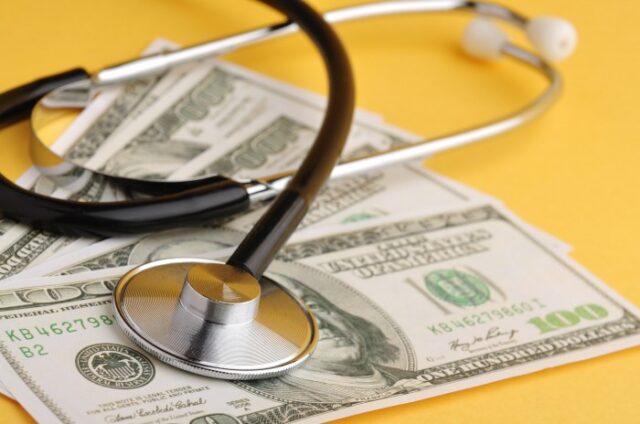Public hospitals play a critical role in providing healthcare services to the community, especially for individuals who cannot afford private medical services. However, public hospitals face numerous financial challenges, including limited budgets and inadequate funding. One way to address these financial constraints is by optimizing revenue collection. In this article, we discuss various ways in which public hospitals can optimize their revenue collection.
- Implement Revenue Cycle Management Systems Revenue cycle management systems are software tools designed to help healthcare organizations manage their finances effectively. These systems help hospitals monitor their revenue streams, track claims, and identify areas where revenue leakage may occur. Implementing a revenue cycle management system can help public hospitals reduce revenue loss and increase revenue collection by streamlining billing processes and identifying potential revenue streams.
- Improve Patient Education Patients who understand their financial responsibilities are more likely to pay their bills on time. Public hospitals should, therefore, prioritize patient education by providing clear information on billing processes, payment options, and financial assistance programs. Providing patients with cost estimates before treatment can also help them plan their finances better, leading to higher payment rates.
- Strengthen Revenue Cycle Policies Public hospitals need to develop strong revenue cycle policies to ensure they collect all the revenue they are entitled to. This includes having policies that ensure accurate and timely documentation, prompt claims submission, and effective denial management. Public hospitals should also monitor their revenue cycle performance regularly and make adjustments as needed to ensure maximum revenue collection.
- Implement Point-of-Service Collections Implementing point-of-service collections involves collecting payments from patients at the point of care. This strategy can help public hospitals improve revenue collection by reducing the number of unpaid bills. Patients are more likely to pay their bills at the point of service, and this can help public hospitals reduce bad debt write-offs and accounts receivable days.
- Partner with Payers Public hospitals can improve revenue collection by partnering with payers such as insurance companies and government payers. These partnerships can help public hospitals negotiate better reimbursement rates, improve claims processing, and reduce denials. Public hospitals can also participate in value-based care programs, which incentivize hospitals to improve patient outcomes while reducing healthcare costs.
- Streamline Discharge Processes Discharge processes can impact revenue collection, especially if patients are not properly discharged. Public hospitals should implement streamlined discharge processes that ensure timely and accurate billing. Patients should be informed of their financial responsibilities before discharge, and any outstanding balances should be collected promptly.
- Monitor and Analyze Performance Metrics Public hospitals should regularly monitor and analyze their revenue cycle performance metrics to identify areas of improvement. This includes tracking the rate of claim denials, the percentage of clean claims submitted, and the average number of days in accounts receivable. By identifying areas where revenue leakage occurs, public hospitals can make informed decisions to optimize their revenue collection.
In conclusion, optimizing revenue collection is crucial for public hospitals to sustainably provide quality healthcare services to the community. By implementing revenue cycle management systems, improving patient education, strengthening revenue cycle policies, implementing point-of-service collections, partnering with payers, streamlining discharge processes, and monitoring performance metrics, public hospitals can maximize their revenue collection potential. These strategies not only improve the hospital’s financial stability but also enhance patient satisfaction and improve the quality of care provided.







